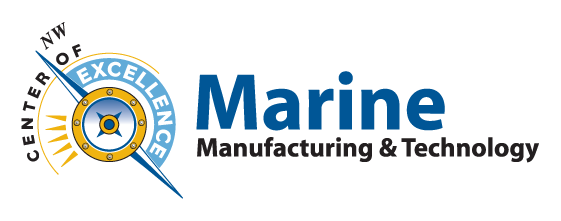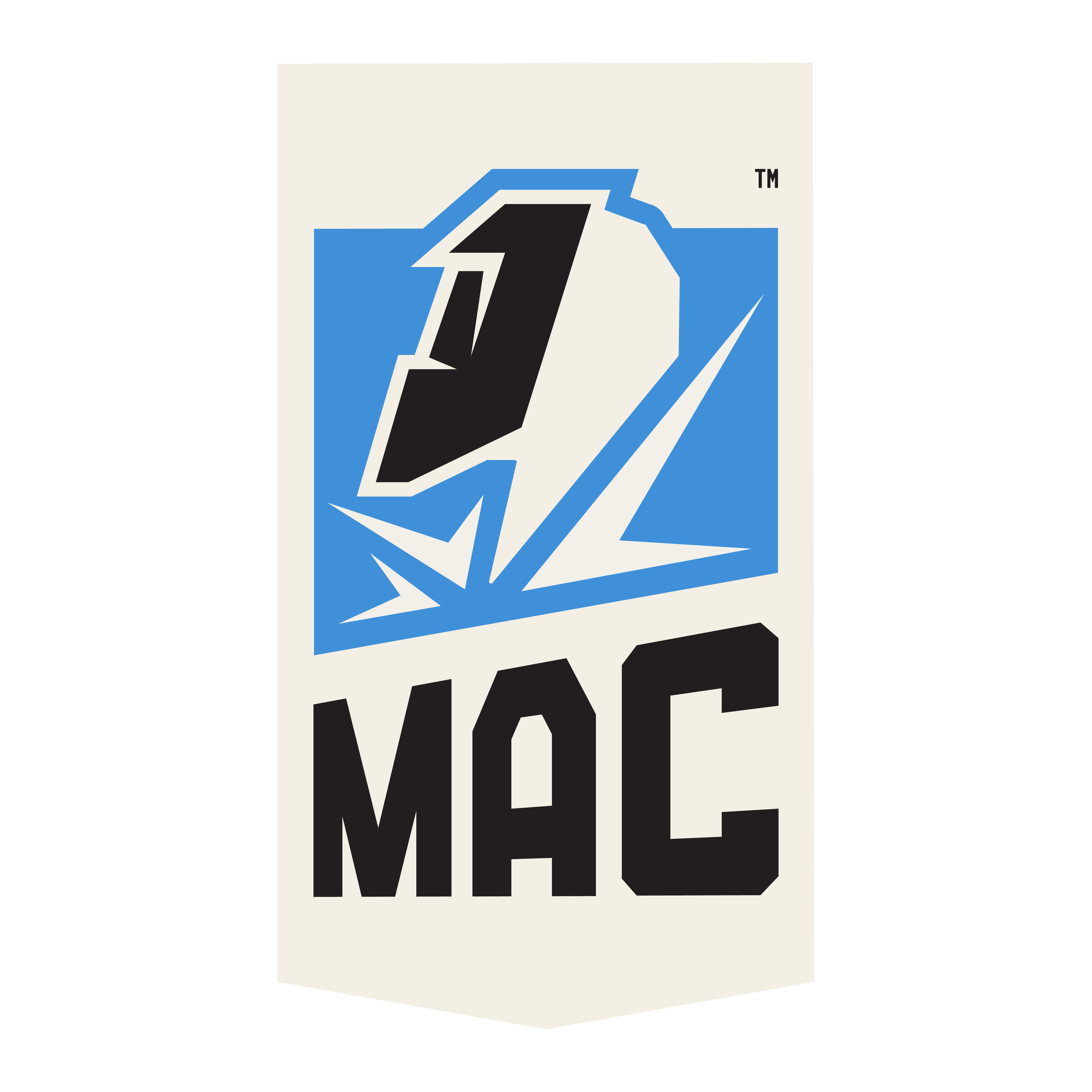Thank you for giving your time to this project! Your input is critical to the overall framework approval process, and will help us adjust and make improvements, as warranted.
We also want to provide some context as you complete your review:
1. The welding technology frameworks are intended to cross-over industry sectors – they are not focused on a single industry.
2. We are asking you to provide your feedback on two frameworks. We are sharing all three frameworks for your review, please note, the only required reviews are for Welding Technology I and Welding Technology II:
MAC Metal Trades Foundations - Exploratory Framework
MAC Welding Technology I – Preparatory Framework
MAC Welding Technology II – Preparatory Framework
3. The frameworks are focused on the K12 learner.
4. As you review the frameworks, please note that OSPI is no longer asking for granular level detail – this allows us to infuse flexibility into the frameworks. This is important, as this is not a Core Plus framework.
5. The project team has been closely engaged with OSPI in the development of the welding technology frameworks.
6. This is a model framework and allows for flexibility in application and use; a multi-industry sector approach; and a dynamic platform for professional development across disciplines.
7. We created a short FAQ section as well – found at the end of this page.
8. We are asking you, as a reviewer, to provide your name, job title, and organization. This information will help us in two ways:
a. Support the validity of the data collection.
b. Provide a way for us to follow up with you, should that be necessary.
Please let us know if you are unable to use Google Drive and we will send you the files direct.
Welding & Fabrication Model Framework Project Review Rubric
Please click here to complete the review
FAQ’s
What is the project?
Develop a statewide, open-source, cross-sector welding and fabrication model framework focused on the maritime, agriculture & natural resource and construction industries. The framework, aligned with OSPI and Department of Labor career clusters, will be accessible, scalable, and adaptable to other industry sectors and regions statewide.
Is this a guarantee of dual credit?
No, not currently. The project does recognize the opportunity to serve as a platform for dual credit application. Dual credit is not within the scope of the current project.
What about common course numbering?
As with dual credit, the project will work to establish a foundation upon which common course numbering may occur. Dual credit is not within the scope of the current project.
Are the frameworks open to any organization?
They are. The frameworks, pathway map, and all other material created through the project will come under open education resource (OER) guidelines.
What is a model framework?
The following definition is taken directly from https://LearningFocused.com. The Instructional frameworks are often referred to as curriculum frameworks, lesson planning frameworks, and sometimes as programs. There are key differences, however.
A curriculum framework is a set of standards that specifies the content to be learned. It is different because it defines the intended curriculum, or “what” to teach. It is not "how" to structure an exemplary lesson.
A lesson planning framework is what teachers use to organize, plan, and reflect their thinking. It is different because it usually focuses on general ideas to engage with and explore content, but it often does not identify specific evidence-based practices to accomplish those ideas.
A program provides what to teach and how to teach it. It is different because teachers are required to follow the program instead of adapting to meet the needs of learners you might have. It’s important to understand that an instructional framework is not the same thing as a program.
Why a model framework?
The following language is taken directly from https://LearningFocused.com. This provides consistency, organization, and certainty that all teachers are planning and providing the most effective instruction. Schools are no longer swayed by whatever comes along because their work is grounded in a collective vision of good instruction.
An instructional framework also supports effective professional learning because teachers can learn together, support each other, and focus on improving their practice over time.
Once again, we thank you and appreciate your participation in this critical review process!



